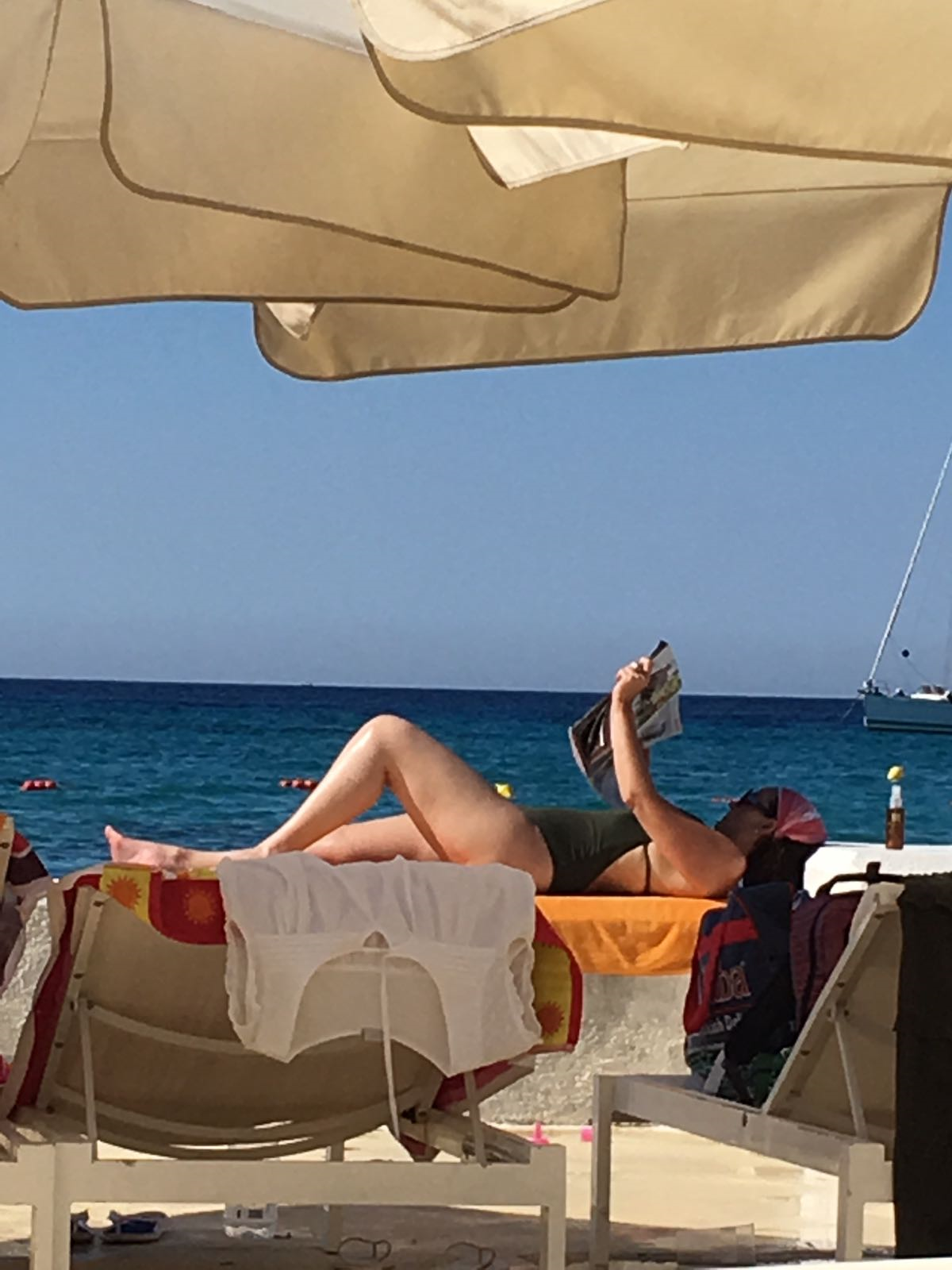Money-for-citizenship: because the government set a minimum threshold on rent, but not on floor area or quality, the rentals market has been completely distorted
This is the synthesis of my column in yesterday’s The Malta Independent on Sunday.
The rentals market has been distorted not because people are applying to buy Maltese citizenship, but because those applying to buy citizenship have no intention of living in the flats they rent, and because the government set a minimum rent threshold but not a floor-area threshold or a quality threshold.
This means that millionaires and even billionaires who apply to buy Maltese citizenship and who need to fulfil the obligation of renting an address for five years, are paying thousands of euros a month to rent squalid basements and flats in side-streets – because they are just paying for the address, and don’t need something suitable in which to live. The flats stay empty for five years.
If they actually had to live in the flats they rent, they would rent at the top end of the market and the flats in side-streets and basements would command a true market price and be rented to people who actually need to live in them.
So if it’s all the same to the foreign millionaires and billionaires, why aren’t they paying thousands a month for top-end flats at good Maltese addresses? The answer is that they probably think that they are, because they never get to see the place, and in any case, they don’t care. They don’t need a flat. They need an address to fulfil a contractual obligation.
Meanwhile, people on an average income who cannot take out a loan to buy their own home and so must rent – like the nurse who is separated from her husband and supporting three children, and who gave an interview to a newspaper some days ago – are being forced out by landlords who want to rent for a high, false price to citizenship applicants who will never set foot across the threshold.
And it’s affecting the ability of employers in Malta to recruit people from overseas, too – because many of those young people who come over to Malta to work in remote gaming and financial services are being priced out of the rental market by landlords who would rather make more money by letting out their low-end flats as fake addresses for citizenship and now also ‘golden residence visa’ applicants.

Mrs Muscat relaxes on a working day at a high-end beach club while her supposedly Socialist husband implements policies which price single mothers, young people and struggling nurses out of the rentals market because Russian billionaires are allowed to pretend that they live in basement flats with one window.
